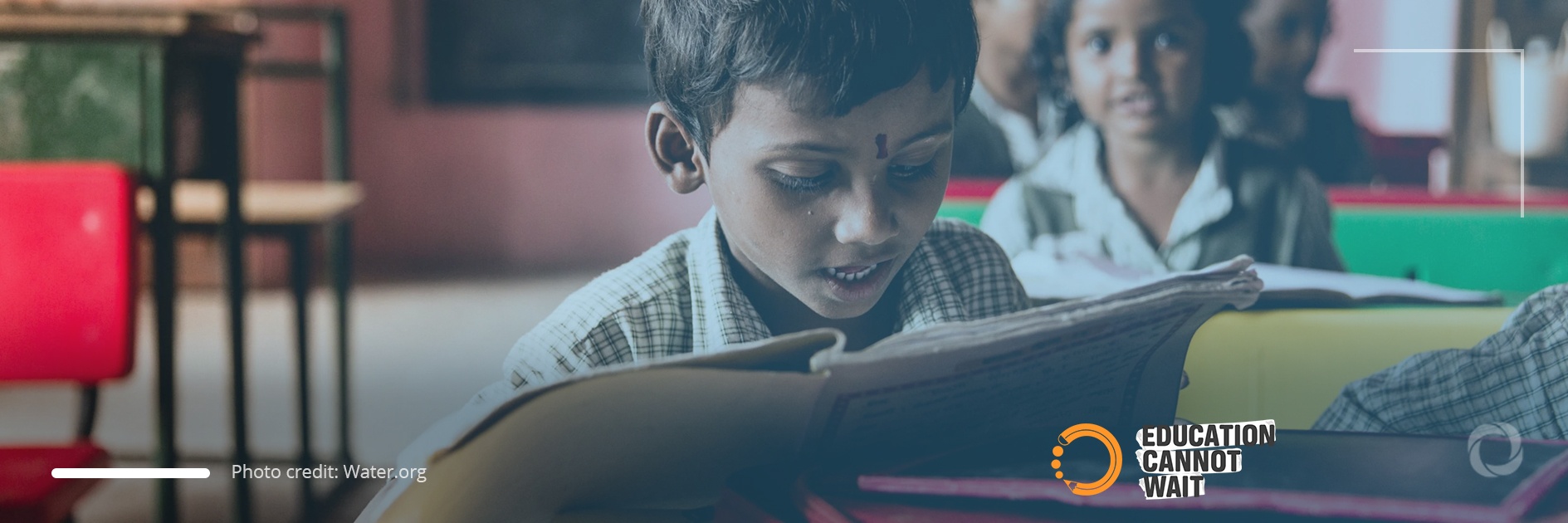Education Cannot Wait (ECW), the United Nations global fund for education in emergencies and protracted crises, has warned that the coronavirus pandemic has exacerbated the pre-existing inequalities in education, putting those vulnerable particularly at risk around the world. It noted that although the financing provided during the 2020 pandemic year was higher than that of the pre-pandemic years, funds for education need to be increased to cope with the challenges brought about by COVID-19.
Overview of 2020
In its annual report, ECW highlighted that in 2020 it guaranteed quality education for over 4.6 million children and youths living in more than 30 crisis-impacted countries. As many as 48% of the children and adolescents reached by the fund were girls.
The UN Special Envoy for Global Education, Rt. Hon. Gordon Brown, commenting on the efforts made by ECW, noted:
“An entire generation in emergencies and protracted crisis faces irreversible loss. Among them, an estimated 20 million displaced girls, particularly adolescent girls, are at risk. The Annual Results Report 2020 is a living testimony of how we can resist the threats and stand greater chances of winning the human race. World leaders must step up and ensure adequate financing for education dedicated to all girls, children, and adolescents support by our collective mission.”
ECW main donors
According to the report, ECW’s top donor in 2020 was the United Kingdom with funding of US$160.2 million followed by Denmark with US$90.8 million in support.
Fig.1. Resources mobilized by donor, 2016-2020 (in US$ millions)
Source: Education Cannot Wait, Annual Results Report ‘Winning the Human Race.’
Pandemic challenges
The ECW report pointed out that although over the past 10 years funding for education has been continuously on the rise, the pandemic may overturn this trend. The main reason for this is that donors have already started to shift their priorities from external to internal needs and place the emphasis on health and other emergencies. The ECW referred to estimates predicting that aid for education may decrease by US$2 billion from its peak in 2020 and not return to 2018 levels until 2026.
Against this background, Gordon Brown, Chair of the ECW High-Level Steering Group and UN Special Envoy for Global Education, called for “bold action” to help the less well-off cope with the effects of the pandemic.
“More and better education funding is urgently needed. Public and private donors must step up their efforts, starting with mobilizing US$1 billion for ECW to continue reaching those left furthest behind. SDG4 cannot be achieved without getting all children into school, including the 35 million children who are forcibly displaced,” he said.
ECW was established during the World Humanitarian Summit in 2016 and since then, it has mobilized US$684.5 million globally.

